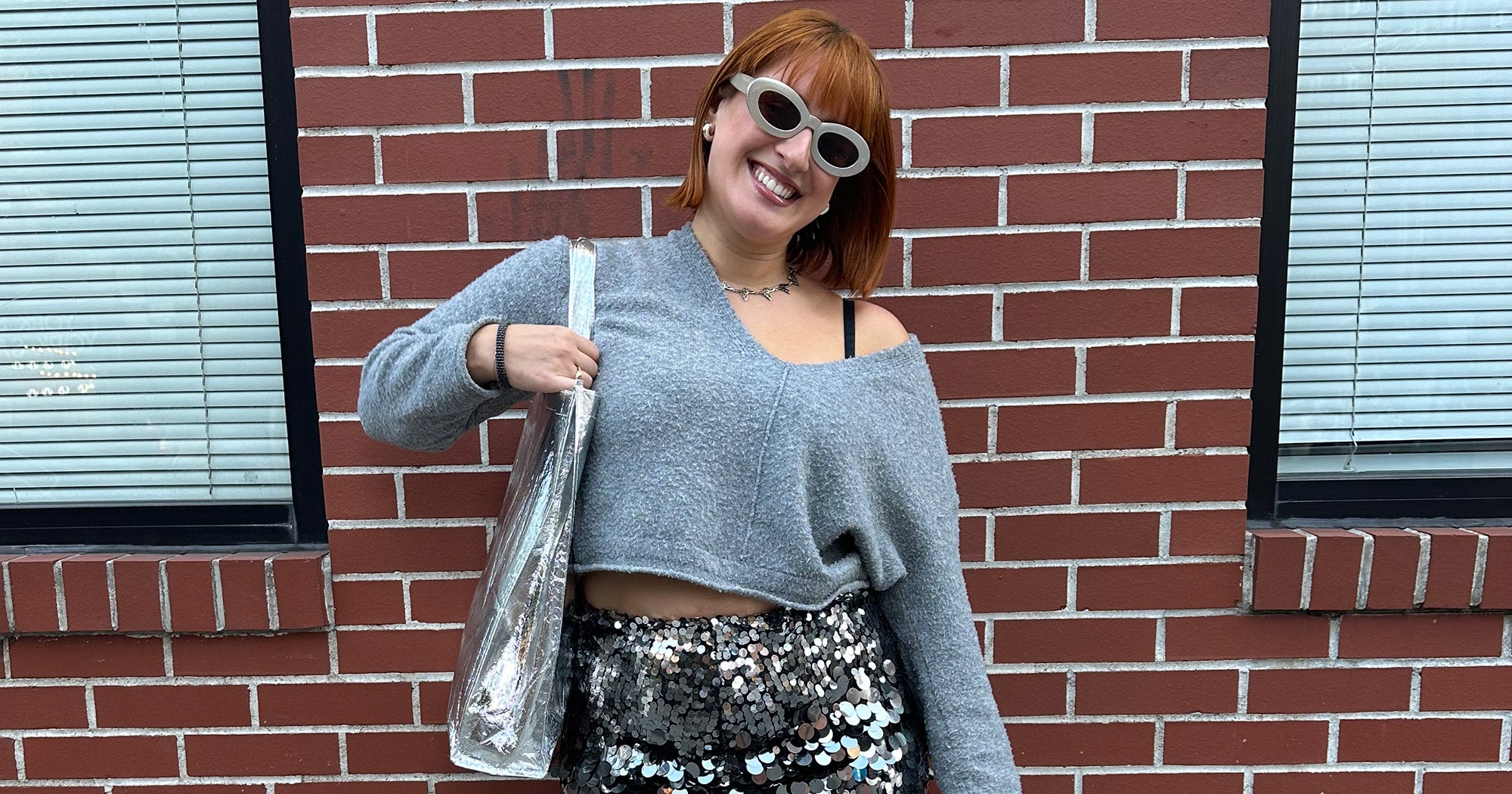John Ramsey looks on as his wife, Patsy, holds an advertisement promising a reward for information leading to the arrest and conviction of the murderer of their 6-year-old daughter, JonBenet, during an interview, on May 1, 1997, in Boulder, Col.The Associated Press
The 28-year-old cold case of JonBenét Ramsey is re-entering the conversation. Netflix’s latest true crime docuseries, Cold Case: Who Killed JonBenét Ramsey, delves into the 1996 murder of the six-year-old girl in her home in Boulder, Colo., on Christmas night. Over three episodes it raises questions about how police bungled the initial investigation and how media sensationalized the tragic case.
It’s the latest series in a string of projects from the streamer that pose questions about police and the justice system, putting a case in the court of public opinion. We saw it with the 2015 release of Making a Murderer and 2020’s Tiger King, and more recently with drops such as Till Murder Do Us Part: Soering vs. Haysom, This is the Zodiac Speaking and The Menendez Brothers (which follows Ryan Murphy’s dramatized take on the story, Monsters: The Lyle and Erik Menendez Story).
These projects re-examine clues, pose alternative suspects and retrace the original investigators’ steps to see where they allegedly went wrong. Because many of those involved decline to be interviewed, the narratives are often one-sided. As a result, a vocal contingent of viewers winds up taking to social media and Reddit to demand a different result.
In the case of JonBenét, the docuseries is intent on clearing the names of the family once and for all. For years, many have assumed that parents John and Patsy Ramsey either murdered their daughter or covered up the crime for their then-nine-year-old son, Burke. (Police cleared Burke at the time, but online theories continue to pop up.) Patsy died in 2006, but John is a prominent voice in the doc. Throughout, he presents the case for why he and his wife couldn’t have killed their daughter, and highlights how police at the time allegedly leaked false stories of their involvement to the press.
Oscar- and Emmy-nominated director Joe Berlinger also uses archived interviews and footage of Patsy to help tell her side of the story, as well as recorded accounts of certain investigators who have since passed away or declined to participate in the series, and members of the media who covered the case at the time. Through vintage cinematography, shots of VHS tapes and old photos, he transports viewers back to the 1990s, when body shaming and victim-blaming were more accepted than they are today.
In doing so, he sets the tone for the absurd amount of tabloid coverage dedicated to JonBenét, a beauty queen with a deep archive of photos that continues to grace covers whenever she returns to the news cycle. The doc brings in many opinions about the way the girl’s parents dressed her for these pageants and claim they inadvertently attracted negative attention from those who wished to do her harm.
A police officer sits in her cruiser, on Jan. 3, 1997, outside the home in which 6-year-old JonBenet Ramsey was found murdered in Boulder, Col., on Dec. 26, 1996.David Zalubowski/The Associated Press
Partially, these pictures are what allowed the public to so easily believe the parents did it, despite DNA evidence to the contrary and a ransom note that was cleared by experts as not having been written by either parent. But the narrative also opens the door to new suspects who weren’t necessarily pursued in the same way as the family. In the series they include a convicted pedophile named Gary Oliva and a former teacher named John Mark Karr, who confessed to the crime but was never charged for it.
In bringing these men into the picture, the doc also questions the validity of the DNA sample, which may have been tainted during the original investigation. (Police didn’t find JonBenét’s body during their first sweep of the house; it was her father who discovered her in the basement when he was asked to take another look around.)
It all adds up to an eye-opening account that doesn’t necessarily clear the parents of the crime, but it does offer a new perspective to those who have long assumed they did it. During one poignant moment in the series, John explains that he’s still contacted by strangers to this day who want to apologize for assuming he killed his daughter now that they’ve learned more about the case.
But perhaps John’s biggest motivation in participating in the series is that he’s desperate to finally solve his daughter’s murder as it approaches its 30-year anniversary. He reveals that in his opinion, police have given up despite the pressure he’s been putting on authorities for decades now. Given Netflix’s track record of documentaries that spark public outcry, police may soon be feeling that pressure from other sources.
Or, perhaps more pressure. Earlier this year, the Colorado Cold Case Review Team released a list of recommendations to the Boulder Police Department and the Boulder District Attorney on how to solve the case. Those recommendations have not been made public, but the review team did digitize more than 21,000 tips, hundreds of interviews and samples from more than 200 individuals, including handwriting, DNA and fingerprints.. Altogether, there are more than a million pages to sift through.
That review is mentioned toward the end of the series, putting a final stamp on the frustrated tone it takes throughout. Like other such programs on the streamer, the new information and interviews don’t answer the many questions that still surround this case, but the doc may leave you with enough feelings to stand up and demand answers. And that’s exactly the point.
Cold Case: Who Killed JonBenét Ramsey is now streaming on Netflix.








/cdn.vox-cdn.com/uploads/chorus_asset/file/25760285/The_Snoo.png)



